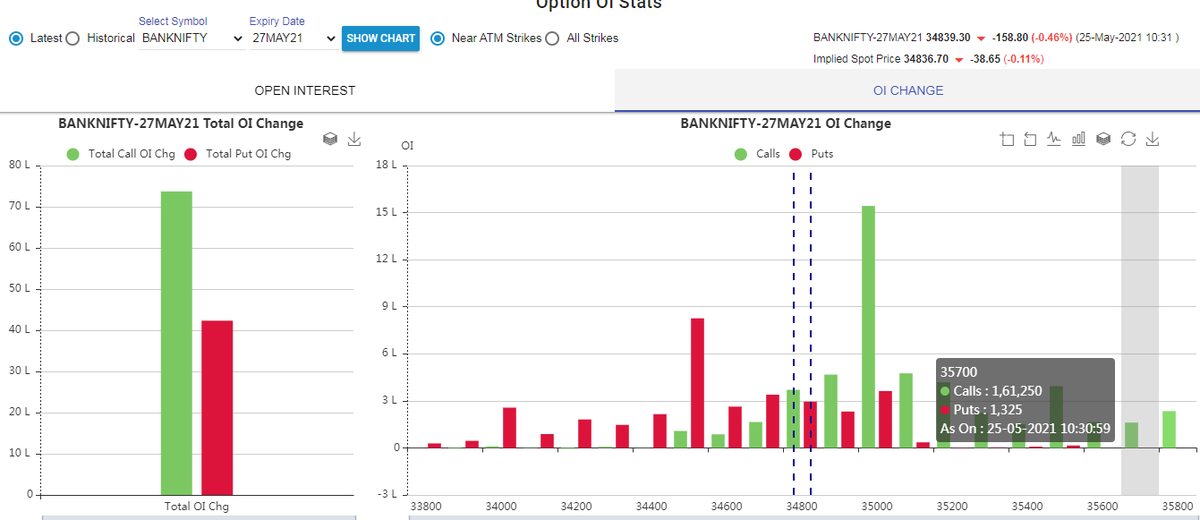1) Affiliate marketing is selling products or generating leads on behalf of other companies and getting paid a commission for those products.
2) Some notable examples you've seen before:
NerdWallet - you read their articles on best credit cards. You click on a link to one of those cards. You fill out an application. They get paid for delivering that lead to the cc company.
3) In
https://t.co/kSfWS69ybp - same thing. Any of their financial products -- you fill out an application, and
https://t.co/mCrBT43mOj gets paid for that.
But the affiliate revenue model applies beyond financial services products.
4) Wirecutter -- you see a neat product they review or talk about. You click through and buy.
Wirecutter gets a cut of that transaction.
5) The affiliate business model shows up a lot. And there are a lot of marketers who make a living promoting 3rd party products by being really good are driving traffic to these types of offers.
6) Let's start by talking about the challenges of the model.
At a high level, driving traffic to product offers (of any kind) is REALLY HARD. Specifically, it's hard to keep your customer acquisition costs (CAC) low and make enough money off the commission.
7) In particular, a lot of high volume affiliate marketers like to use ad networks to do this. And at market efficiency, this is near impossible.
For example, if I want to promote Apple Macbooks, I only make a commission on a sale, so I can spend up to a certain limit in ads.
8) But Apple, on the other hand, is making a much higher margin off a Macbook sale, so they can afford to outbid me in ads and spend more per sale.
9) In addition, there are probably a TON of other affiliate marketers that I'm competing with to get the sale. It's a brutal game for common household products.
10) Moreover, you only get the commission if the co can link the sale to you. So you get a special prod link to make this work.
But what if the customer clicks your link to the prod & doesn't buy & later goes to that same product pg on a different computer & then buys?
11) You don't get the credit. You don't get paid. That's it. So you could be driving traffic that you don't get paid on.
Historically, if you were also not the last "touch" w/ the customer, you would also not get paid even if the co could see that you had an initial touchpt.
12) One last issue is that typically customers forget the site who referred them to the end product so it's hard to "own" and retain your audience to increase their LTV over time.
13) For all of these reasons, I generally think the affiliate business model is RIDICULOUSLY HARD.
And anyone considering using it for a startup should probably start by being an affiliate marketer for 2 weeks just to learn.
14) That being said there are a few ways I've seen this work really well.
A) You negotiate and have access to unique products. This mitigates competition in customer acquisition channels. You can also discuss higher commission rates.
15) B) You build an audience around something else. And don't really worry about the monetization optimization at first.
NerdWallet -- community for the most honest reviews
https://t.co/mCrBT43mOj -- keeps all your finances together
16) For both of those sites, monetization isn't in your face, and they focus on retaining the user in the community -- keep you coming back to their site so that over time you will buy lots of products.
You have to be really patient.
17) C) Don't use paid customer acquisition channels because you can't afford high CAC. So you need some level of virality or strong patience via SEO as a channel.
VCs btw don't have patience so likely not VC backable at the earliest stages (which is fine but just know that)
18) D) For affiliate marketers -- offer discounts and coupons to be "last touch" on a sale and have high ad budgets to play with to generate a handful of successful campaigns that convert on offers right away.
(This likely doesn't apply to anyone starting a startup)
19) E) Run the affiliate business model in less crowded geographic markets and/or languages.
One of my acquaintances is a successful affiliate marketer & runs ads for offers in Spanish & the competition for Spanish ads a few yrs ago was basically zero. So her CAC was cheap.
20) F) Negotiate with newer products/companies so that you can make the sale on your site to control the whole sales experience + higher commission.
21) This feels like a niche business model, but it actually shows up all the time where you may not have noticed it.
Even Uber or other cos that have referral codes have marketers racking up free rides / credits -- that's affiliate marketing.
22) Lastly - so if you are using the affiliate model as your startup's business model, think about how you can avoid some of the challenges mentioned above to improve your commissions, reduce CAC / avoid competition, and ultimately "own" the end user to increase LTV over time.
If ppl are wondering how can I sign up for an affiliate mktg prog to see how this works? There are lots incl Google Affiliates, Commission Junction, Amazon Affiliates.
I.e. if you sign up & promote Amazon's products, you will earn a commission of sales:
https://t.co/kDf9PAhhxT


















